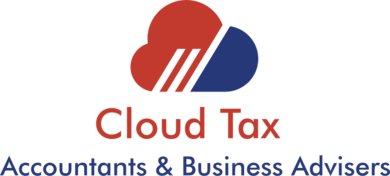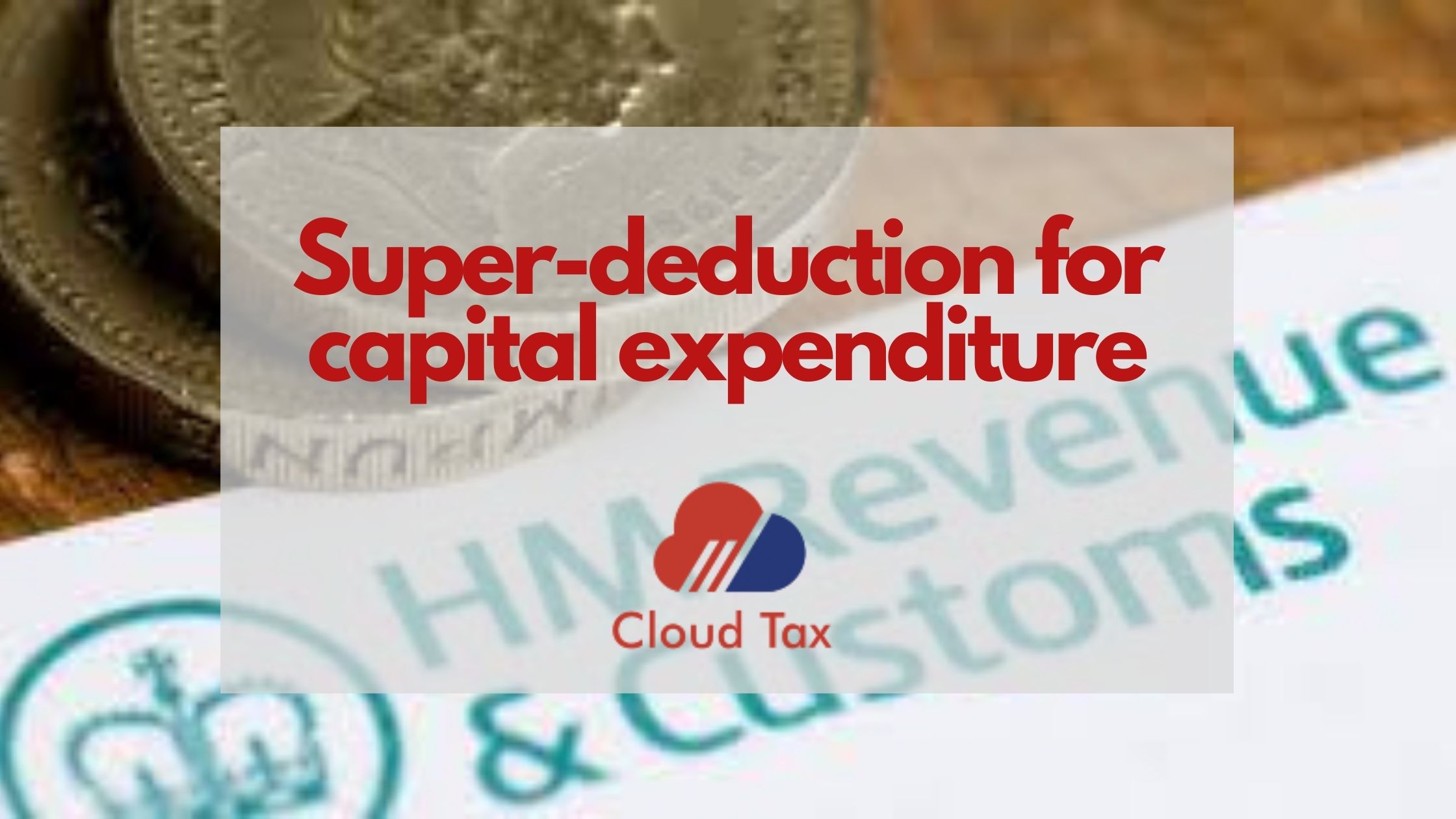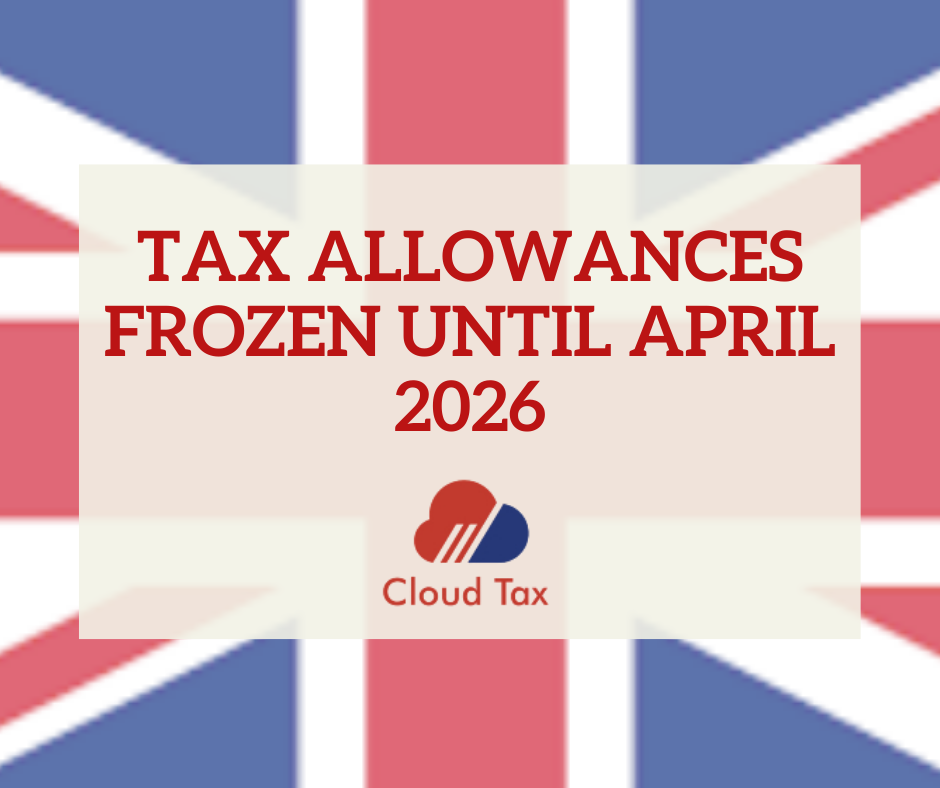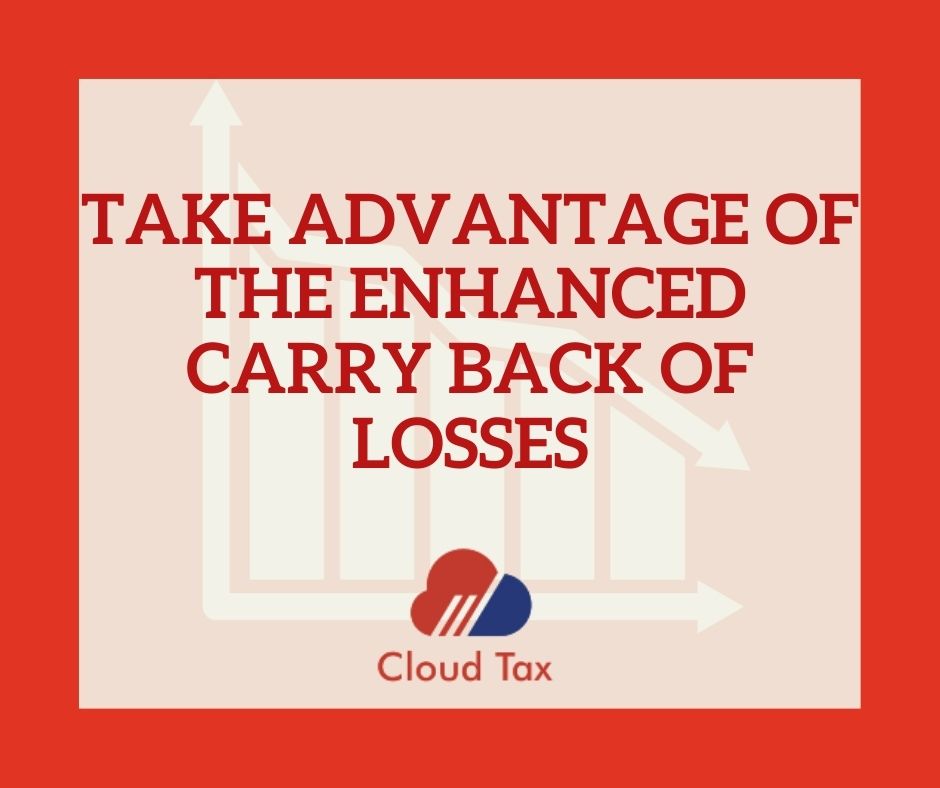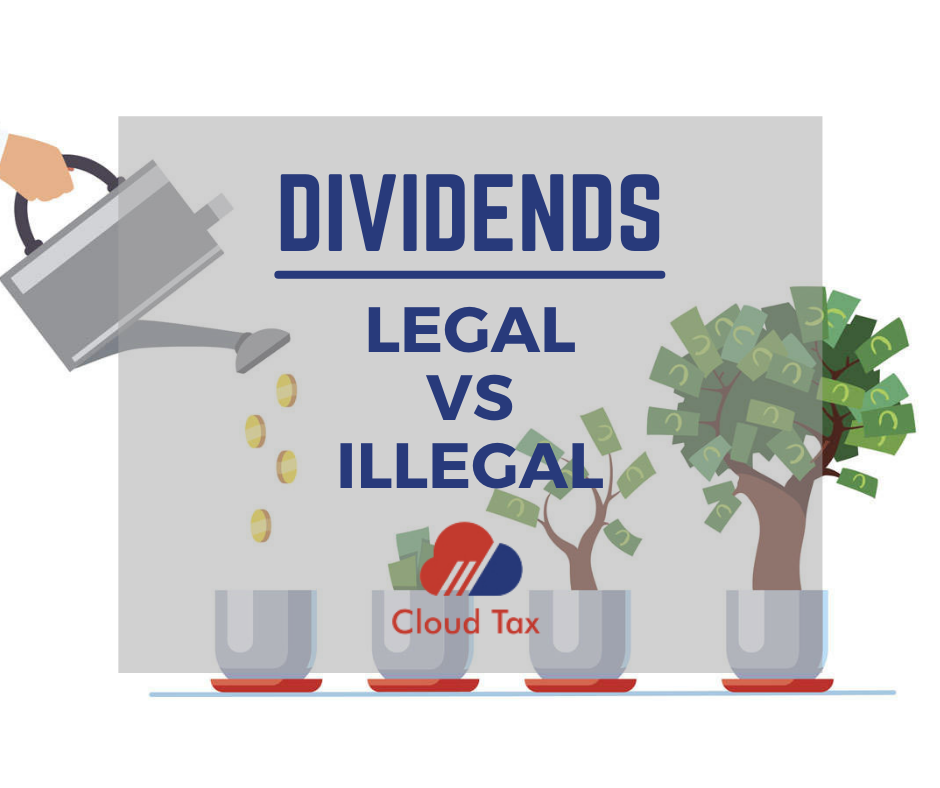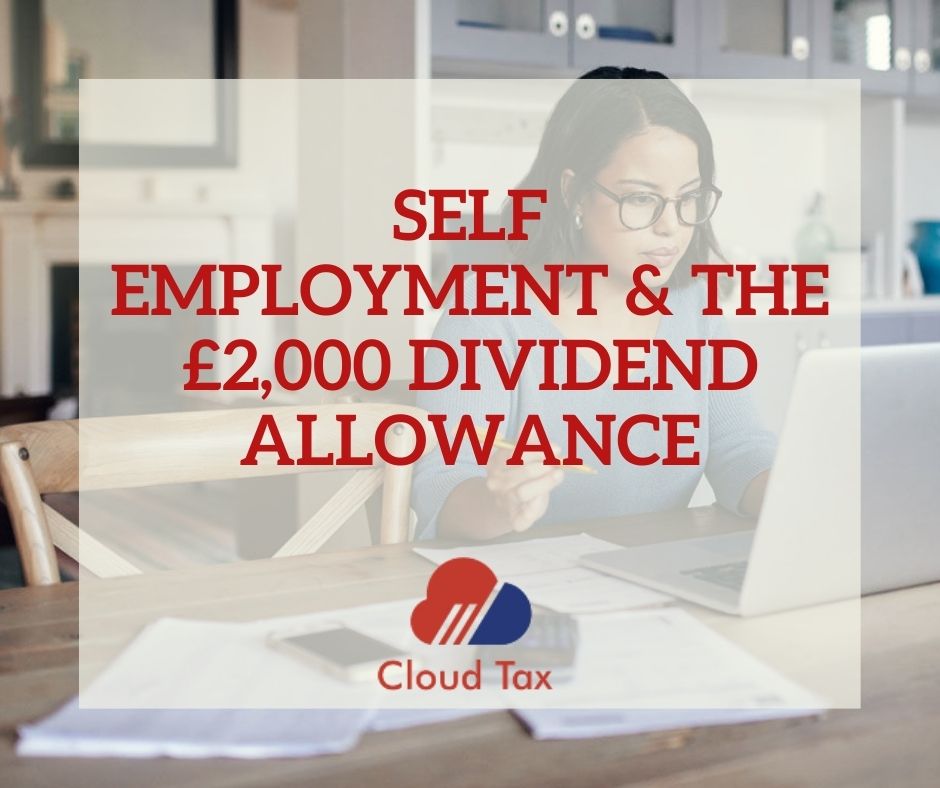The “off-payroll” working rules that apply to certain workers supplying their services to clients via their own personal service companies start from 6 April 2021. Under this new regime end user businesses will be required to determine whether that individual would have been treated as an employee or not if…
Continue ReadingTag: UK tax
Super-deduction for capital expenditure
To encourage companies to invest, enhanced capital allowances are available for expenditure incurred within a limited two-year window. As an alternative to the annual investment allowance (AIA), companies will be able to benefit from either a super-deduction or a new first-year allowance, depending on whether the expenditure is on assets…
Continue ReadingTax allowances frozen until April 2026
The financial impact of the Covid-19 pandemic is unprecedented and borrowing levels in 2020/21 of 16.9% of GDP represent the highest level of peacetime borrowing. To meet some of this cost, the Chancellor, Rishi Sunak, announced in the 2021 Budget that various thresholds and allowances would remain at their 2021/22…
Continue ReadingTake advantage of the enhanced carry back of losses
Many businesses have suffered losses as a result of the Covid-19 pandemic, and where a business has made a loss, various options are available to obtain relief for that loss. The challenge is to make the best use of the loss. To help loss-making businesses, legislation is to be introduced…
Continue ReadingNew VAT Reverse Charge For Construction Sector
Domestic reverse charge VAT legislation is about to change the way CIS registered construction businesses handle and pay VAT. From 1 March 2021, many contractors in the construction industry will stop paying VAT to their subcontractors. Instead, the contractor will pay the VAT directly to HM Revenue & Customs. This…
Continue ReadingDeadline to benefit from increased SDLT threshold approaching
In July last year, the Government announced a temporary increase in the residential stamp duty land tax (SDLT) threshold to £500,000. The higher threshold applies where completion takes place between 8 July 2020 and 31 March 2021. From 1 April 2021, the threshold will revert to £125,000, with a higher…
Continue ReadingDividends : Legal Vs Illegal
Changed business conditions in light of the Coronavirus pandemic have caused many companies to review their dividend policies not least because the company’s financial position may have deteriorated significantly from that shown in its last annual accounts. The Companies Act 2006 requires that a dividend be paid only if there…
Continue ReadingElectric Cars – April 2021
For 2020/21, it was possible to enjoy an electric company car as a tax-free benefit. While this will no longer be the case for 2021/22, electric and low emission cars remain a tax-efficient benefit. How are electric cars taxed? Under the company car tax rules, a taxable benefit arises in…
Continue ReadingAre you Trading?
Lockdown restrictions have forced many businesses to close temporarily. Selling goods or clothes on sites such as eBay and Depop offers the opportunity to raise some much-needed cash in these difficult times. But what are the associated tax implications and do you need to tell HMRC about it? Badges of…
Continue ReadingSelf employment & the £2,000 Dividend Allowance
All taxpayers, regardless of the rate at which they pay tax, are entitled to a tax-free allowance for dividends. For 2020/21 this is set at £2,000, so if you’re thinking of branching out to be self-employed or have made the switch last year, this is what you need to consider.…
Continue Reading